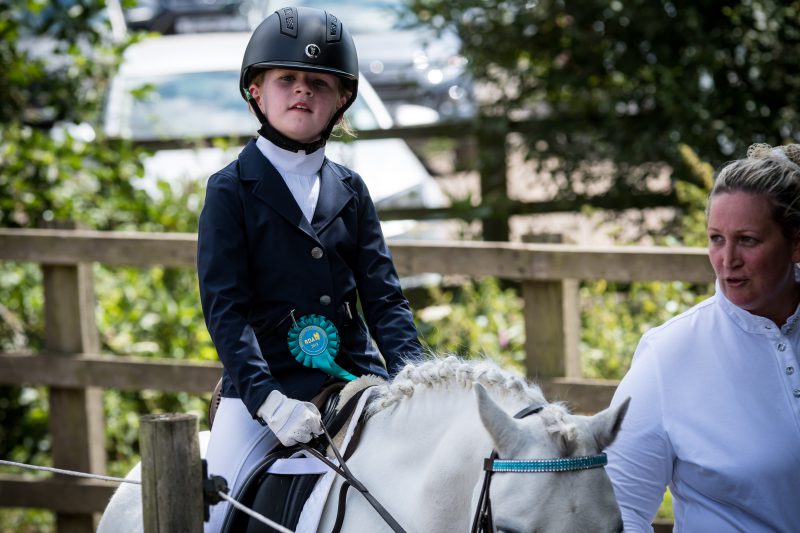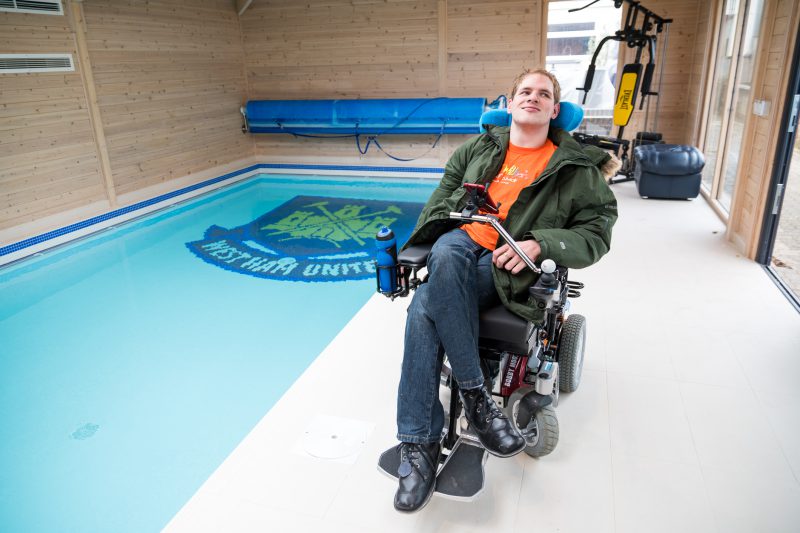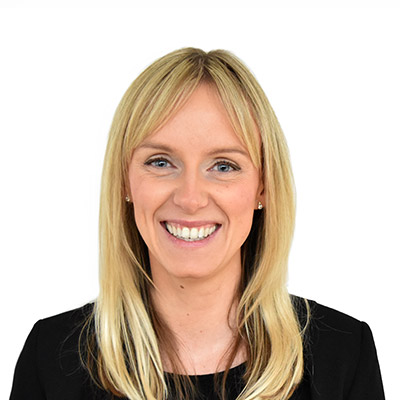
Elan’s Story – Living her dream
What happened? Elan’s mother had a normal pregnancy but problems developed in labour. There was a failure by the medical staff looking after Elan’s mother
Brain Injury
We have many years of success and experience in cerebral palsy claims and recovering maximum compensation. We will help you to get answers, the best support and compensation to restore quality of life and future security.
We understand the impact that having cerebral palsy can have on children and families. Children and adults with cerebral palsy often have complex additional needs and need extra support, therapy, equipment and care to reach their potential and enjoy life fully.
We are leading solicitors in helping clients to pursue compensation claims where their cerebral palsy has been caused by negligent treatment from doctors or midwives. We will make the legal process as easy for you as possible and get the answers you need to understand what went wrong.
We will strive to recover the compensation your child deserves, even when the claim is initially defended, and support you along the way.
We can offer Legal Aid funding or No Win No Fee so that you don’t have to worry about legal fees.
We know from our years of experience how life-changing it can be to have the right compensation to provide for your child’s needs now and in the future, whether it is therapy, education, equipment, care, suitable accommodation, financial management, or all of those things and more.
We will ensure that we help you obtain everything needed to give you peace of mind and your child financial security for the future, to enjoy life as much as possible and to have some fun as a family again.
Our clients have been able to enjoy hydrotherapy pools, off-road wheelchairs and trikes, sensory rooms and gardens, adapted holiday accommodation, motor homes and caravans, adventure and riding activities and even wheelchair-adapted tree houses.
Cerebral palsy is a type of brain injury that occurs during pregnancy, childbirth, or shortly after birth. It can result from medical negligence or malpractice, such as a failure to properly monitor the baby’s vital signs, delays in delivery, or improper use of medical equipment during the delivery process.
Parents or legal guardians of a child who has been diagnosed with cerebral palsy as a result of medical negligence or malpractice may be able to make a claim on behalf of the child. The claim may seek compensation for medical expenses, ongoing care and treatment, pain and suffering, and other expenses related to the child’s condition.
All brain injury claims are different and this depends upon when a final prognosis is known and a claim can be valued.
Once we obtain an admission of liability in your case we can request an immediate payment to help with your needs and put support in place.
Brain injury claims due to medical negligence rarely go to court, with only a small percentage of the more complex cases ending up there. However, in the unlikely event that your case reaches court, we will be by your side throughout the process.
It is important to pursue your brain injury claim as quickly as possible due to time limits and to also enable us to help you obtain compensation as soon as possible. This is especially the case in complex cases as the process can be lengthy.
You have to start your claim within 3-years (limitation period) from when the injury occurred or when you first became aware of any potential negligence or injury as a result. However, the time limit only begins when a child reaches 18 years of age.
For someone who lacks capacity to pursue any litigation, the 3-year time period may never start to run although capacity can return or be intermittent.
You should always seek legal advice upon the relevant limitation period in your circumstances.
We can provide a second opinion free of charge. We have acted for many clients who have been told they don’t have a case, but by looking at the claim in a different way and with our expertise, we have gone on to be successful.

What happened? Elan’s mother had a normal pregnancy but problems developed in labour. There was a failure by the medical staff looking after Elan’s mother

Cerebral palsy after Syntocinon induction Ryan’s case was closed by solicitors and experts who said it wouldn’t win. We turned that around and won for
There are four different types of cerebral palsy:
Spastic cerebral palsy is the most common type, affecting around 80% of people diagnosed with cerebral palsy. This type of cp results in the persons muscles being stiff due to increase muscle tone, this results in movement being more difficult and often awkward. Depending on where the muscle stiffness presents itself on the body, the type of spastic cerebral palsy will be described differently.
If the stiffness is predominantly found in the legs, it will be described as spastic diplegia.
If the stiffness only affects one side of the body, whether that be only one arm or leg, then it will be described as spastic hemiplegia.
If the stiffness affects all four limbs, the trunk and the face it is described as spastic quadriplegia. This is the most severe form of cp and can bring on other developmental disabilities, such as not being able to walk, intellectual disabilities, issues with their vision, hearing or speech.
Dyskinetic cerebral palsy means the person affected will have problems controlling the movement of their arms, hands, legs and feet making it difficult for them to sit and walk. Those affected with dyskinetic cp will have muscle tone that changes from too tight to too loose, this can not only change day to day but also throughout the day. Dyskinetic cerebral palsy will mean movements are uncontrollable ranging from slow and writing to rapid and jerky.
Ataxic cerebral palsy will affect a persons balance and coordination. This can mean the person affected being unsteady when they walk or have a hard time with quick movements. Movements that require a lot of control are also difficult such as writing, or reaching for something.
Mixed cerebral palsy is when someone has a combination of symptoms from more than one type of cerebral palsy. Those who do have mixed cp will most commonly be affected by spastic-dyskinetic cerebral palsy.
When it comes to funding your cerebral palsy claim there may be a few options open to you. When it comes to the different components of your case we will be able to advise you on the different options and the correct funding method you should use. Firstly we have a specially designed No win No Fee package that will protect you from paying anything should your cerebral palsy claim not be successful.
Another option that may be available to you is legal aid. Legal aid is restricted to neurological injuries sustained pregnancy, birth or the early neonatal period. This means that a cerebral palsy claim can be funded through this method. However, there may be better funding options for your type of cerebral palsy claim that ensure it is dealt with swiftly and with the best experts. For more information contact a one of our expert cerebral palsy solicitors.
When it comes to assessing the level of compensation needed for a cerebral palsy claim, the following needs of the child and family will be looked at:
Step 1 – Evaluating your claim:
The first step is evaluating whether you have a cerebral palsy claim. This will be established by looking into whether the standard of care at birth was the level it should have been.
Our team of expert cerebral palsy solicitors will investigate any concerns about substandard care and assess whether those failings led to the development of cerebral palsy in the child. If failings can be established and that the outcome was avoidable, our team will begin to liaise with the hospital to seek admission of liability for their mistakes.
Step 2 – Funding your cerebral palsy claim:
We run our claims on a No Win No Fee basis, offering a package that means no up front costs and payment only being made should your claim succeed and compensation is secured. You can read more about funding a cerebral palsy claim above or on our Frequently Asked Questions page.
Step 3 – Gathering Evidence:
When it comes to proving a cerebral palsy claim we will need to gather a variety of evidence. This will typically include medical records, opinions from independent medical experts and witness statements. All of this information will come together to establish that medical negligence has taken place and that it is the cause of the cerebral palsy or as a result of the negligence made the cerebral palsy worse.
Step 4 – Calculating how much compensation is owed:
Our team of expert cerebral palsy solicitors will carefully asses the needs of the child now and for the future and with the support of independent experts quantify what compensation will be needed. This will especially look at the treatment, care and support the child will need for the rest of their lives, including when parents are no longer in the position to provide it.
Step 5 – Settlement of the claim:
Most of the cerebral palsy claims we work on will be settled through negotiation. This enables families and the child to secure compensation for cerebral palsy much faster without the need or stress of a court trial. Settlements will also help to keep all legal costs down.
Step 6 – Taking your cerebral palsy claim to court
In most instances we will settle your cerebral palsy claim outside of court. In some cases however, this may not be possible. Our team of expert solicitors have seen it all before and can provide close and personal support throughout the proceedings. We will use our experience to safeguard the family and child throughout the process and provide strong representation of your cerebral palsy claim during the trial.







CL Medilaw © 2024